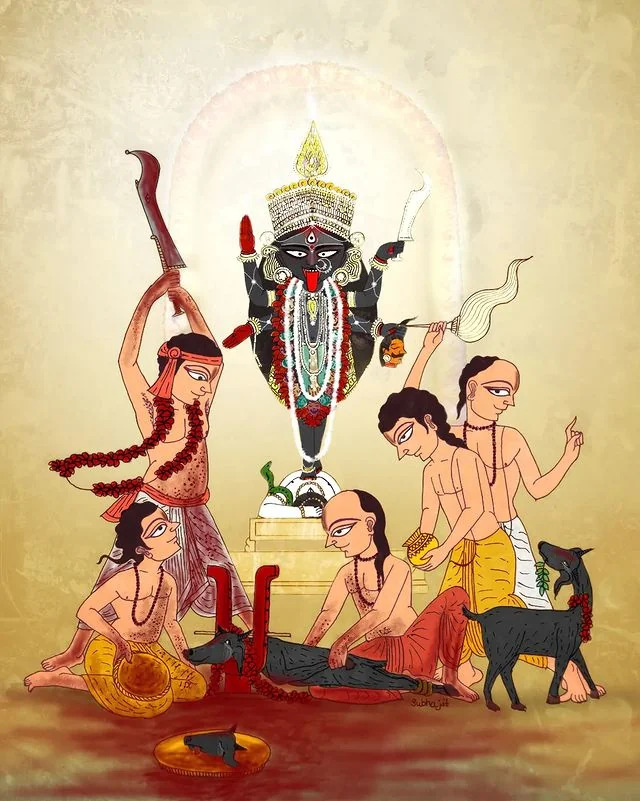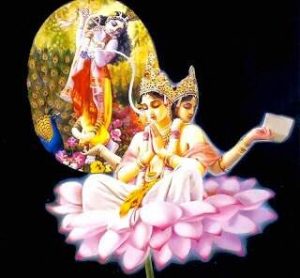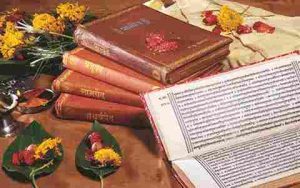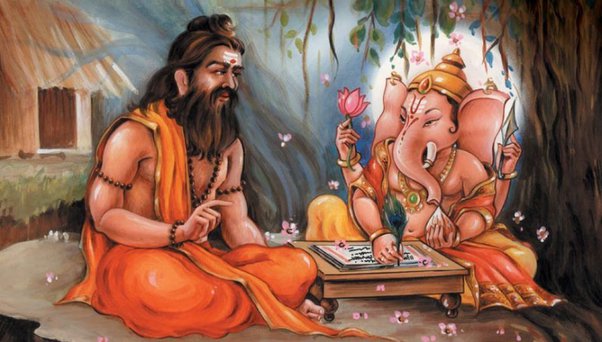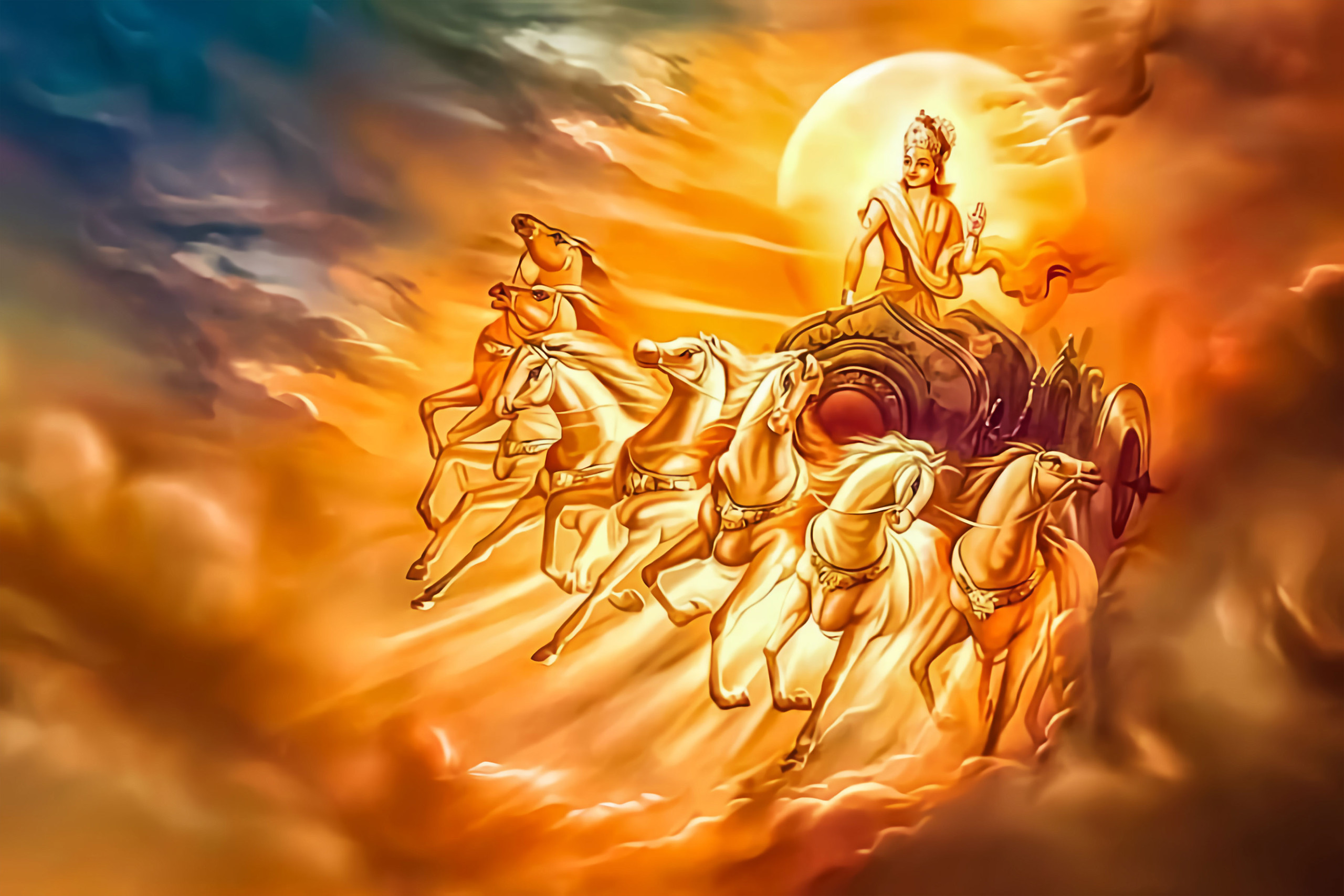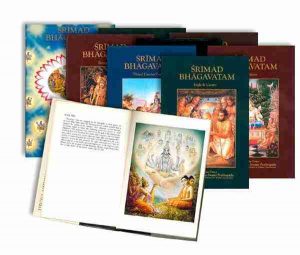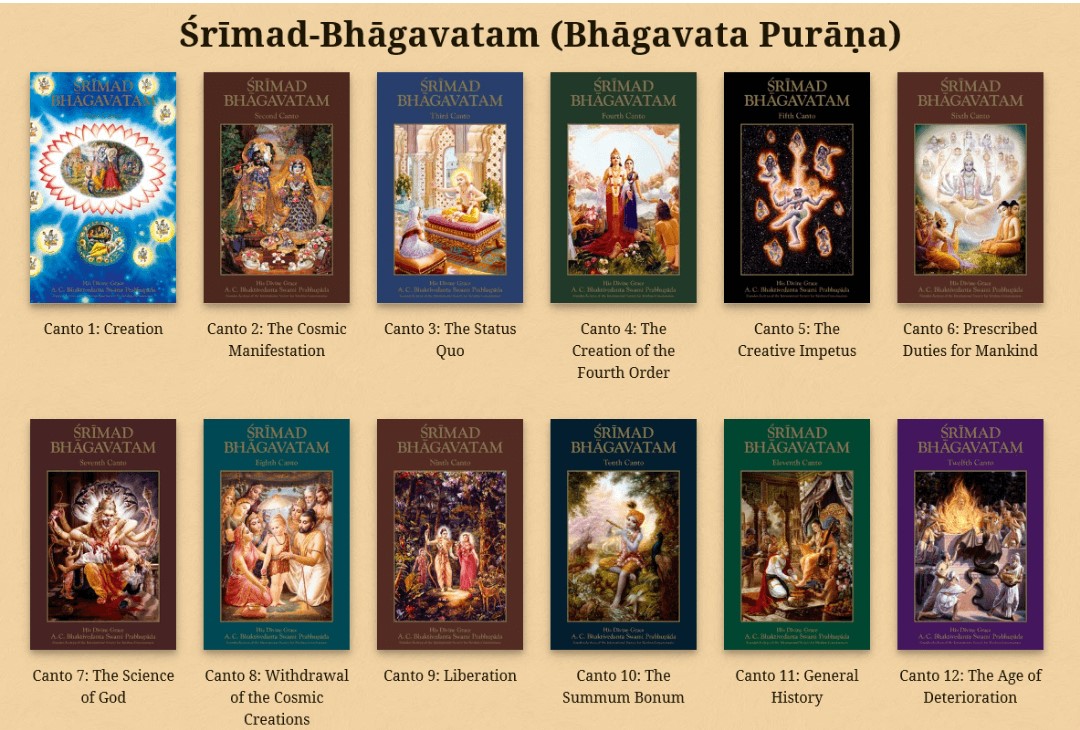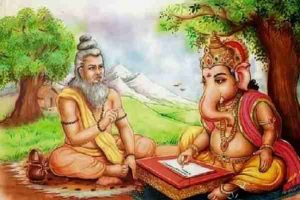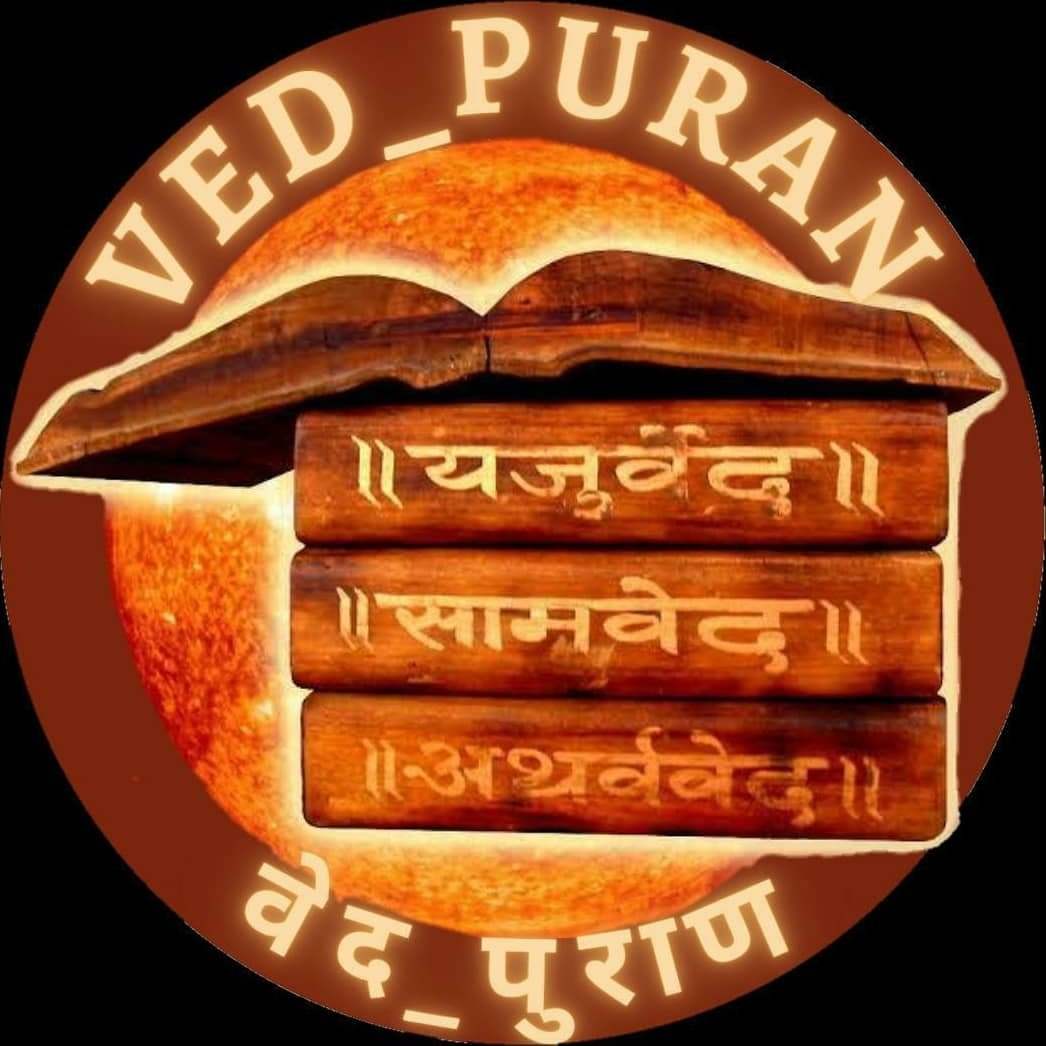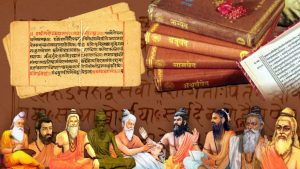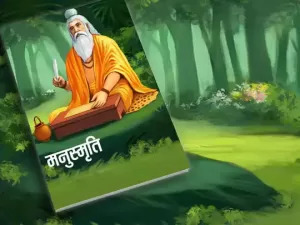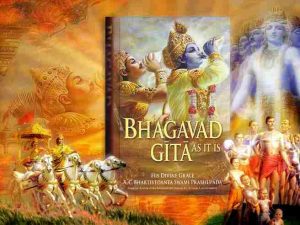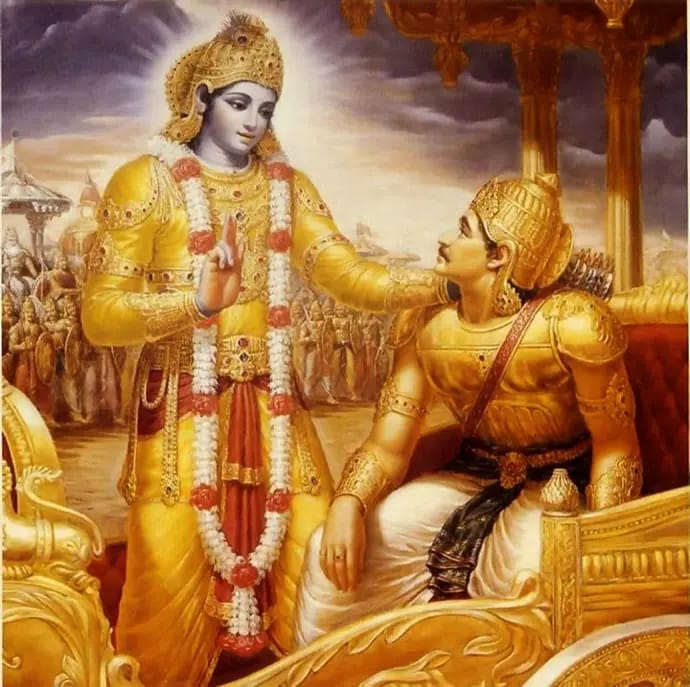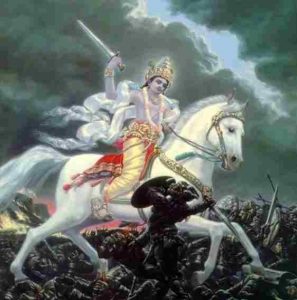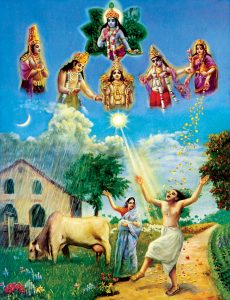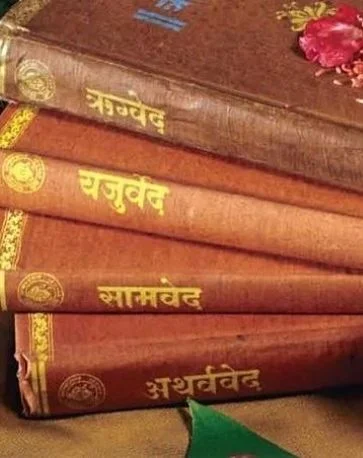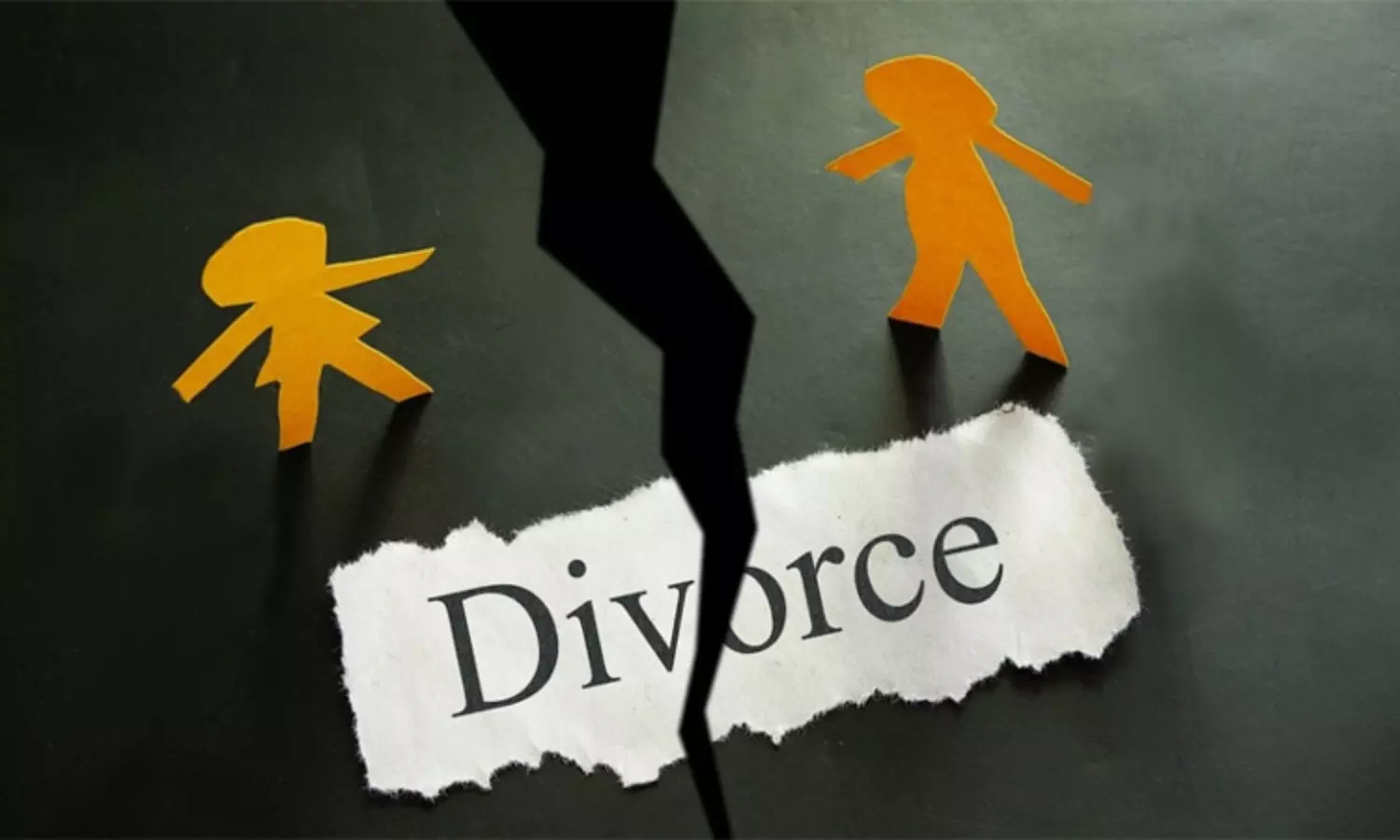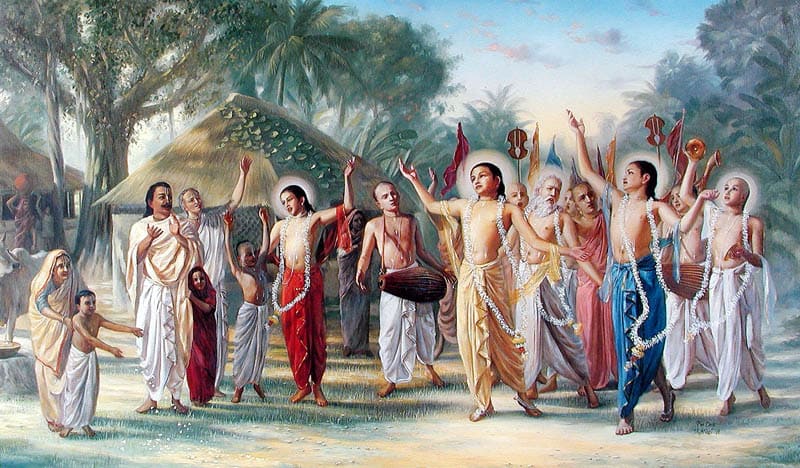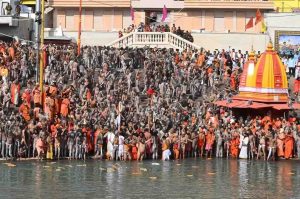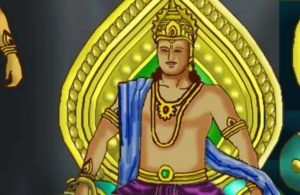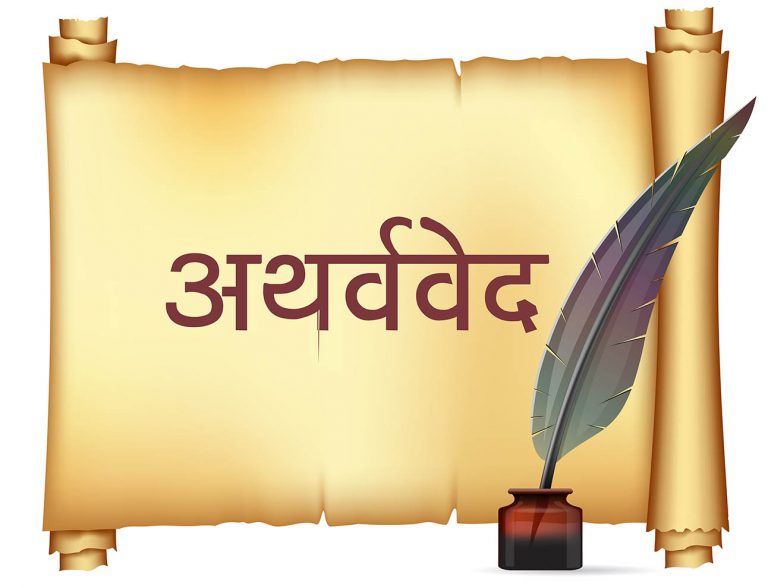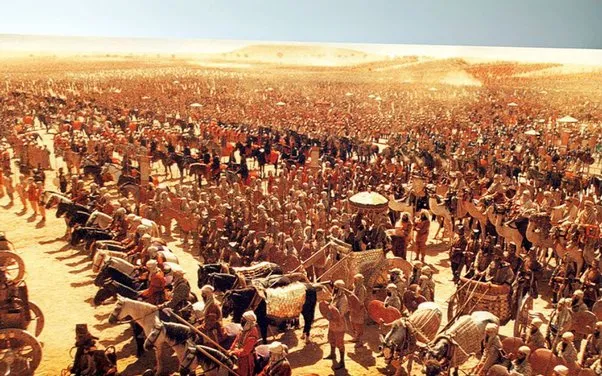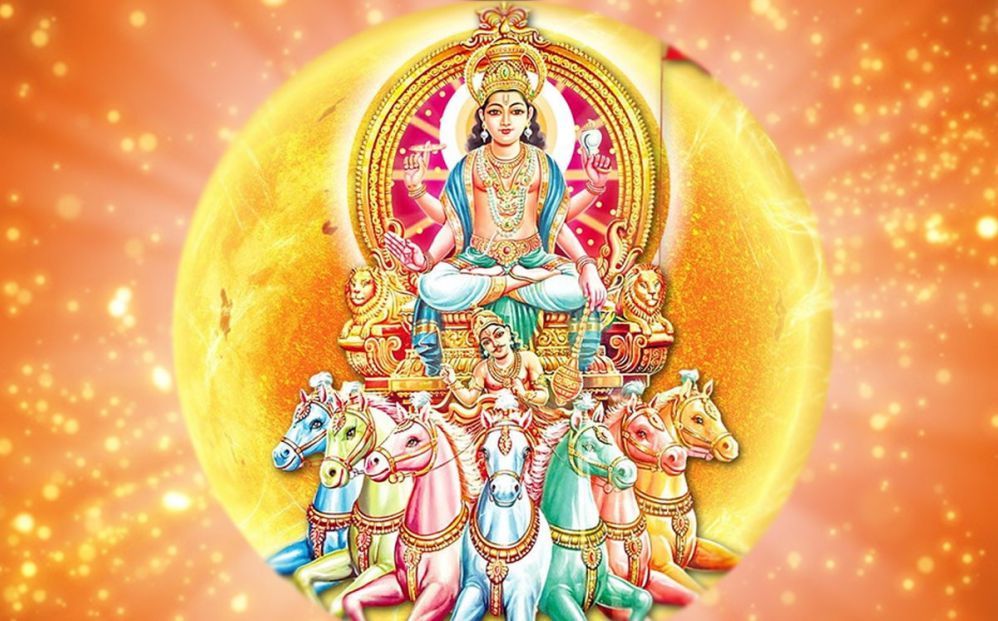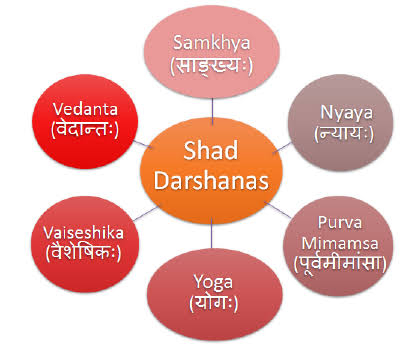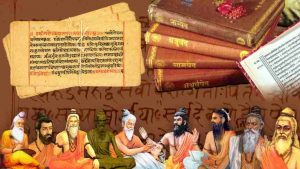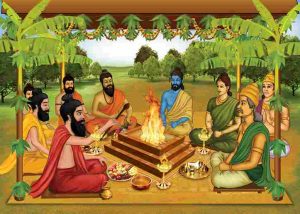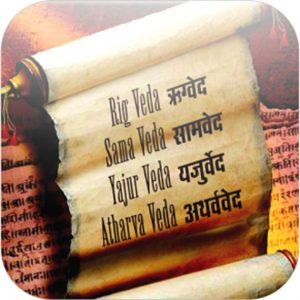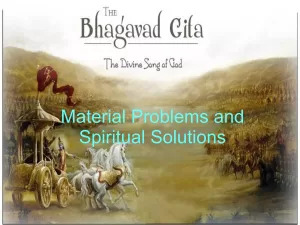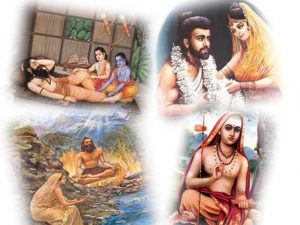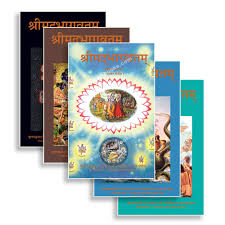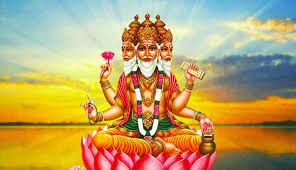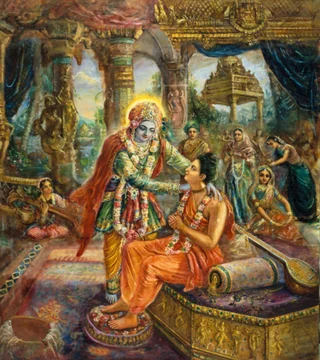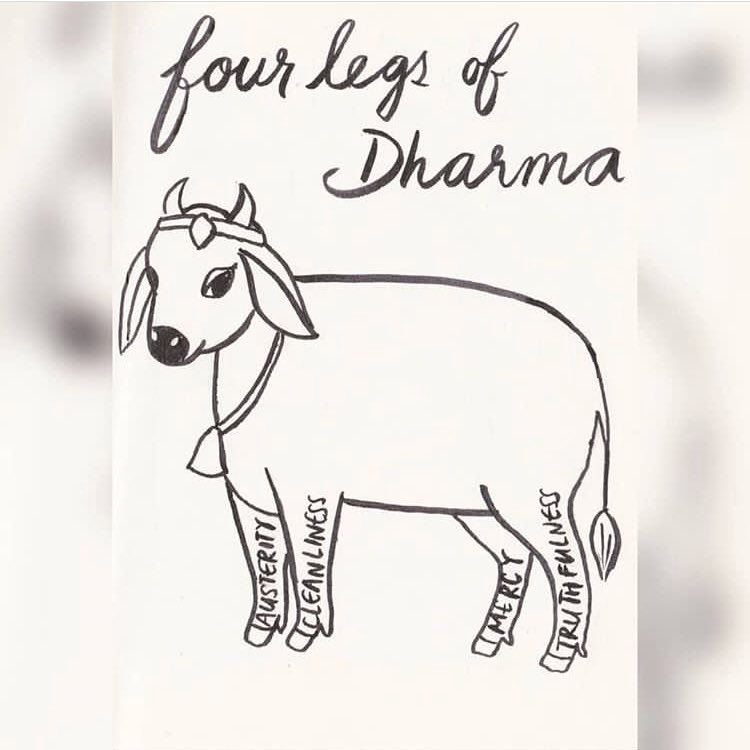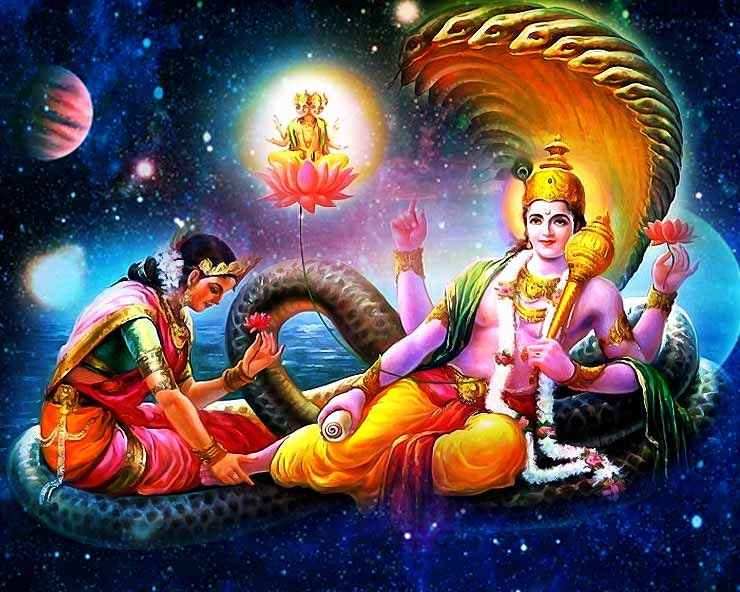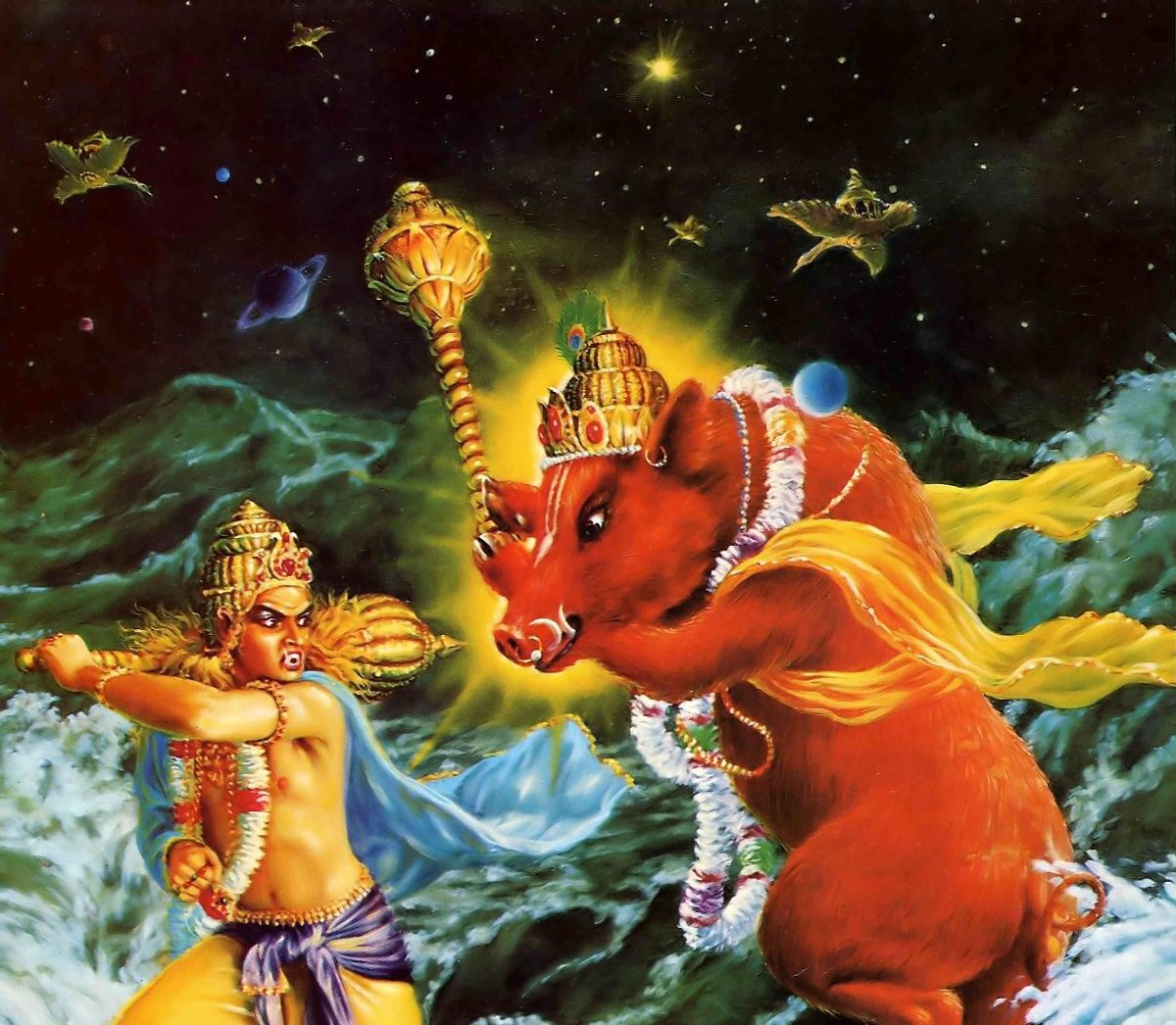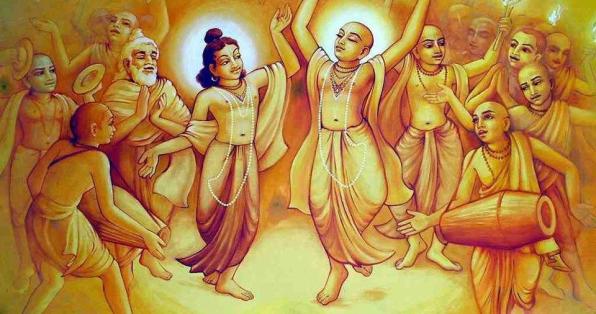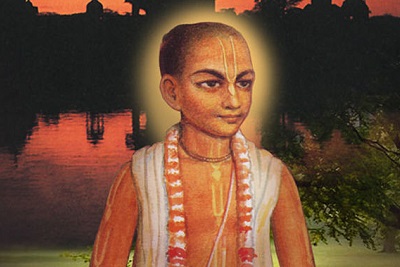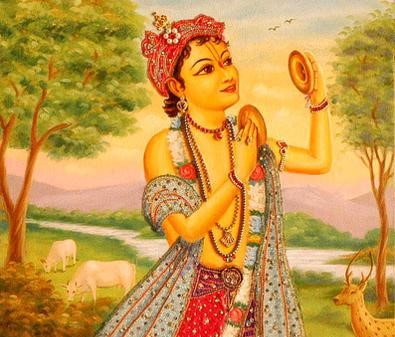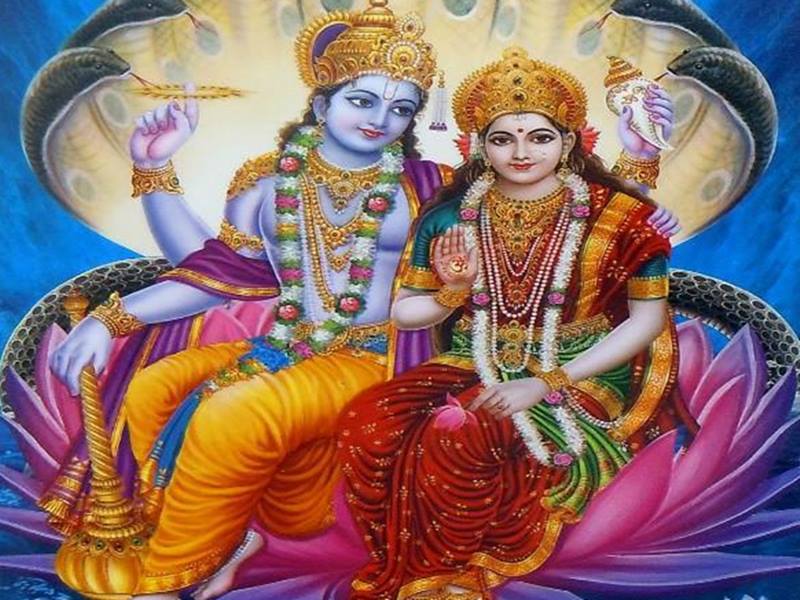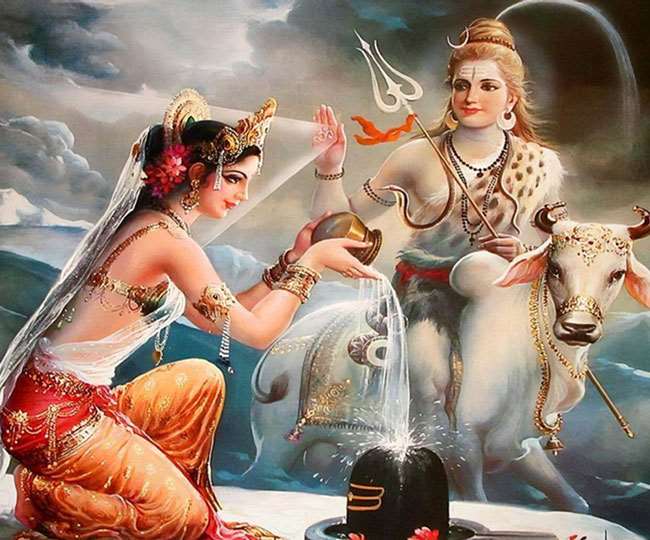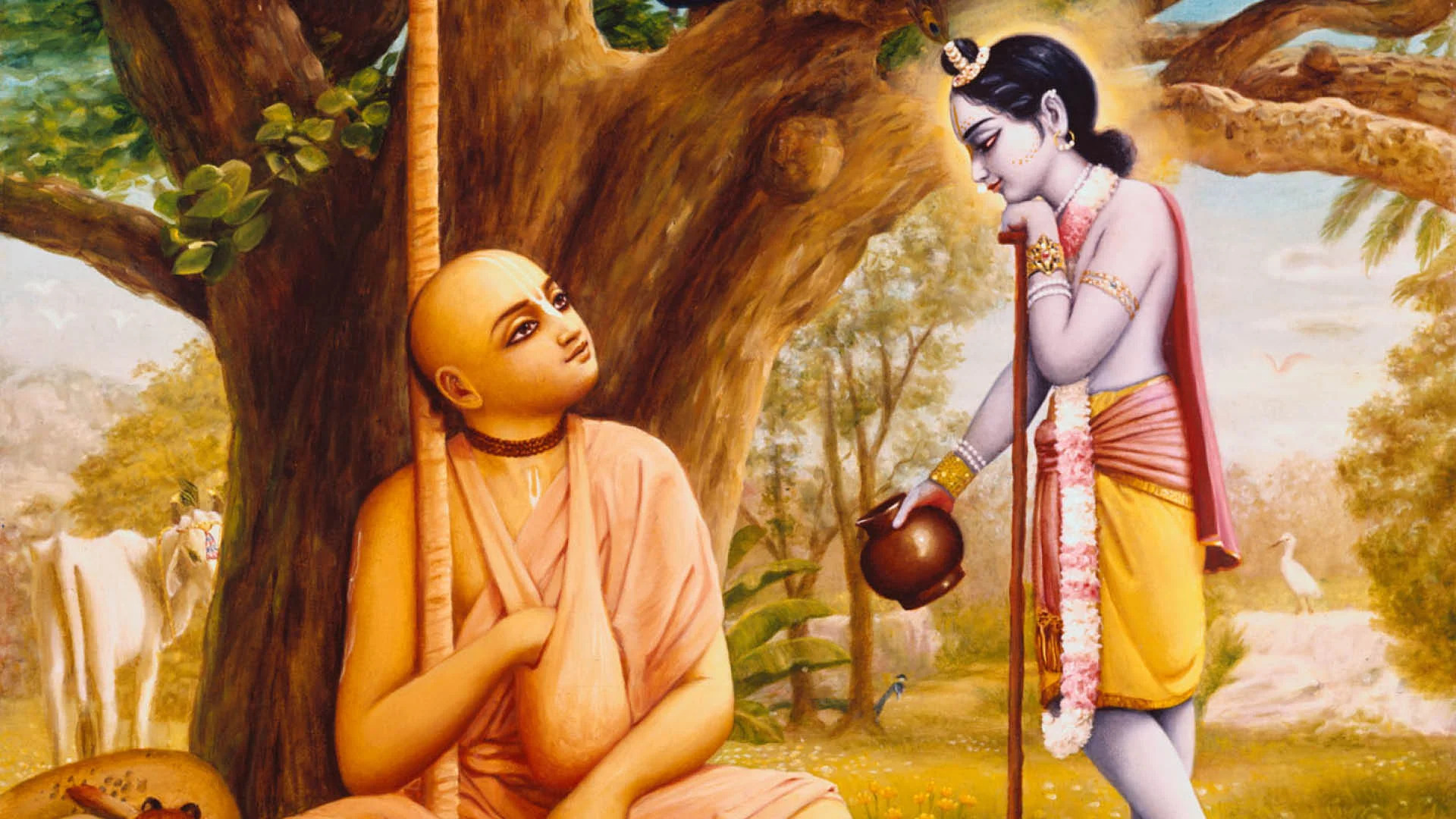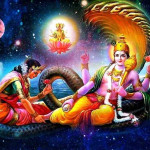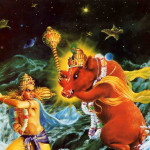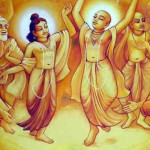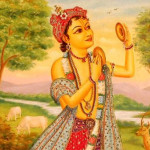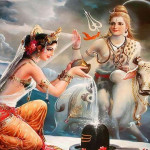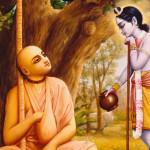Why drinking & flesh eating by sacrifices is permitted in scriptures?
The basic principles of irreligiosity, such as pride, prostitution, intoxication, and falsehood, counteract the four principles of religion, namely austerity, cleanliness, mercy, and truthfulness. The personality of Kali was given permission to live in four places particularly mentioned by the King, namely the place of gambling, the place of prostitution, the place of drinking and the place of animal slaughter. Srila Jiva Gosvami directs that drinking against the principles of scriptures, such as the sautramaniyajna, association with women outside marriage, and killing animals against the injunctions of scriptures are irreligious. In the Vedas, two different types of injunctions are there for the pravrttas, or those who are engaged in material enjoyment, and for the nivrttas, or those who are liberated from material bondage. The Vedic injunction for the pravrttas is to gradually regulate their activities towards the path of liberation. Therefore, for those who are in the lowest stage of ignorance and who indulge in wine, women, and flesh, drinking by performing sautramani-yajna, an association of women by marriage and flesh-eating by sacrifices are sometimes recommended. Such recommendations in the Vedic literature are meant for a particular class of men, and not for all. But because they are injunctions of the Vedas for particular types of persons, such activities by the pravrttas are not considered adharma. One man’s food may be poison for others; similarly, what is recommended for those in the mode of ignorance may be poison for those in the mode of goodness. Srila Jiva Gosvami Prabhu, therefore, affirms that recommendations in the scriptures for a certain class of men are never to be considered adharma, or irreligious. But such activities are factually adharma, and they are never to be encouraged. The recommendations in the scriptures are not meant for the encouragement of such adharma, but for regulating the necessary adharma gradually toward the path of dharma.
Source: A.C. Bhaktivedanta Swami Prabhupada (2014 edition), “Srimad Bhagavatam”, First Canto, Chapter 17 – Text 38

